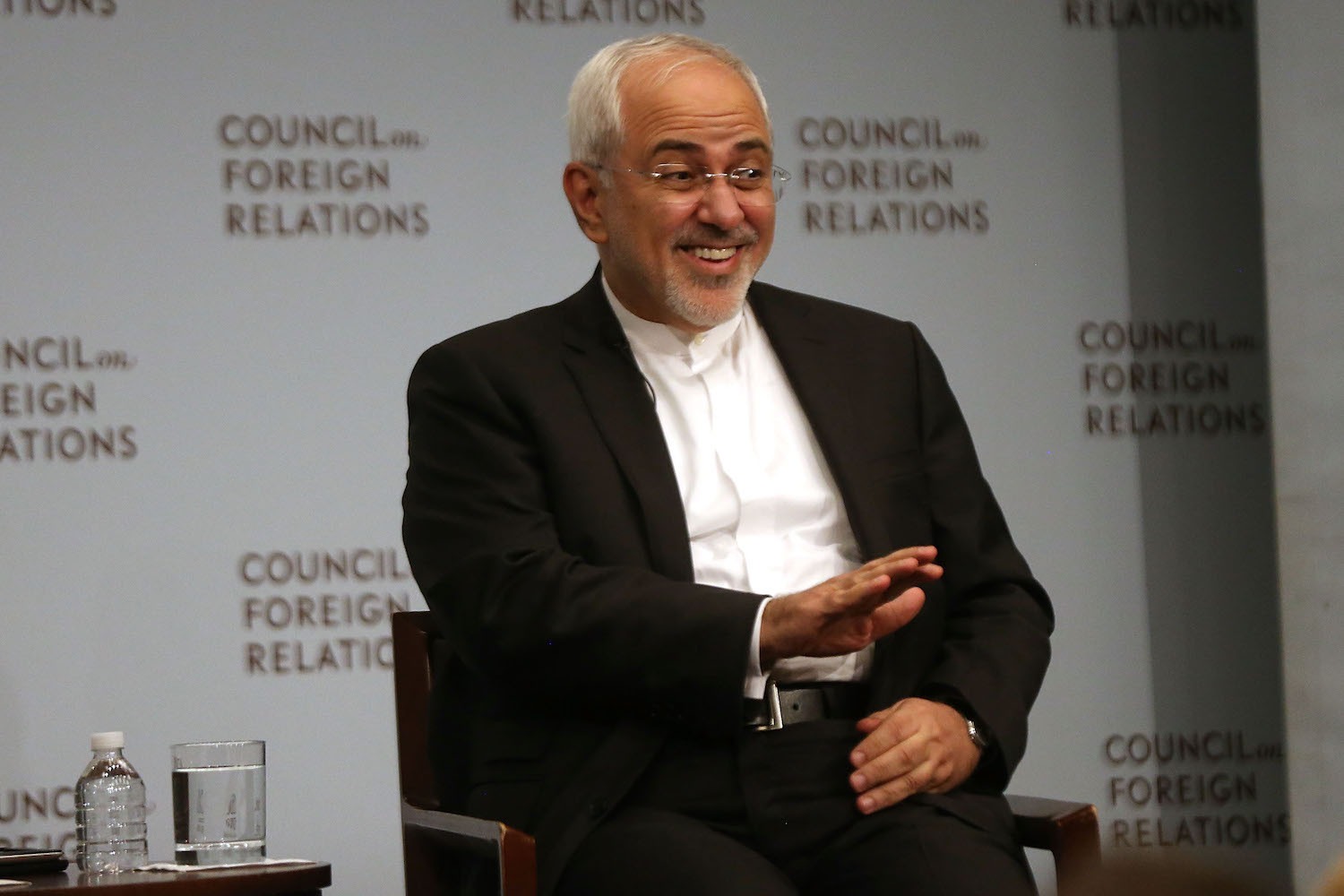US President Donald Trump pulled out of the Joint Comprehensive Plan of Action (also known as Iran Nuclear Agreement) unilaterally. Moreover, he imposed all types of sanctions against the Islamic Republic of Iran. In addition to the Supreme Leader’s Office and the Islamic Revolution Guards Corps (IRGC) during this period, we noticed recently that the US also blacklisted IRI’s top diplomat as it had threatened earlier.
The US move can be examined from several dimensions; first, it can be evaluated as a counter to Trump’s claims of Washington’s readiness to negotiate with Iran. On the one hand, the US move is very unconventional because on the one hand it is sanctioning a country’s minister of foreign affairs and on the other, speaks of preparedness and willingness to negotiate.
In fact, with the sanctioning of Dr Zarif,’ the question comes up for the public opinion as to whether the United States wants to negotiate with Iran, or is it sheer propaganda aimed at misleading the public. By sanctioning the Iranian foreign minister, the United States has now completely blocked the diplomatic course. This is an unwanted implication of Dr Zarif’s boycott.
We have seen that during a recent visit by the Iranian Foreign Minister to New York, in a meeting with Senator Rand Paul he was invited to the White House for a meeting with Trump. Zarif was told if he refused to accept the invitation he would be sanctioned. But as noted before, the embargo has had consequences for America as well.
It should also be noted that there is no strategic logic behind many of Trump’s decisions, but because he is the US president, his decisions receive international coverage.
The US justifies its recent move to be in line with exerting maximum pressure on Iran, but in international literature, it is called “irrational diplomacy contrary to international law”. This diplomacy, however, does not mean a country saying it would not fulfil a certain job because it is undiplomatic; instead, it would go to the verge of war in the hope of forcing the other party to give concessions. Therefore, Trump’s policy on Iran is exerting “maximum deterrence” or maximum pressure, which university professors also call “coercive diplomacy” or “forceful persuasion”.
Although we have seen Europe reacts cautiously after the Iranian Foreign Minister’s sanctioning, Dr. Zarif’s recent visit to several European countries, especially France, and inviting him to hold meetings on the sidelines of the G7 summit to discuss the JCPOA and the US sanctions against Iran, Trump’s sanctions policy against Dr Zarif was completely questioned. In this regard, Zarif’s visit to China, Japan and Malaysia could also be another sign of the international community’s disregard for the US embargo on IRI foreign minister.
Ultimately, whether or not the US or Trump himself is willing or unwilling to negotiate, what is important to Trump right now is the “show of negotiations” so that he can deliver on his election campaign promise that he would bring Iran to the negotiating table and strike a deal better than the one signed by Obama.










0 Comments